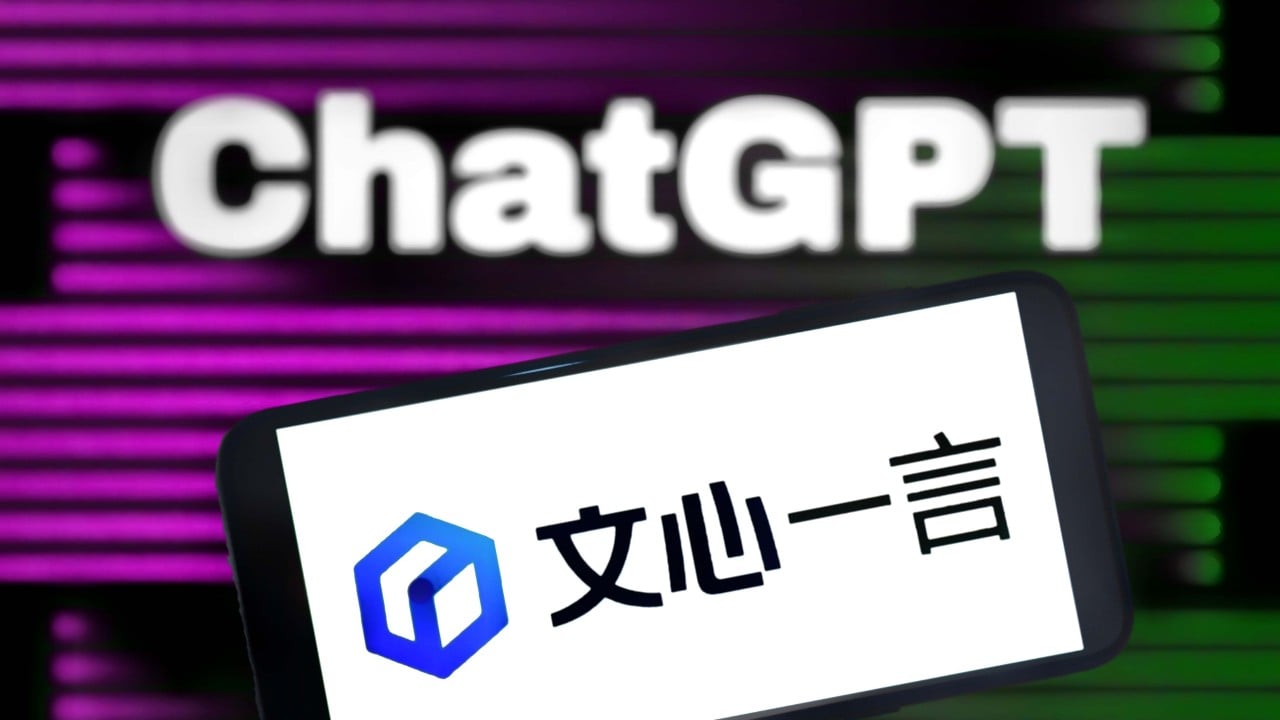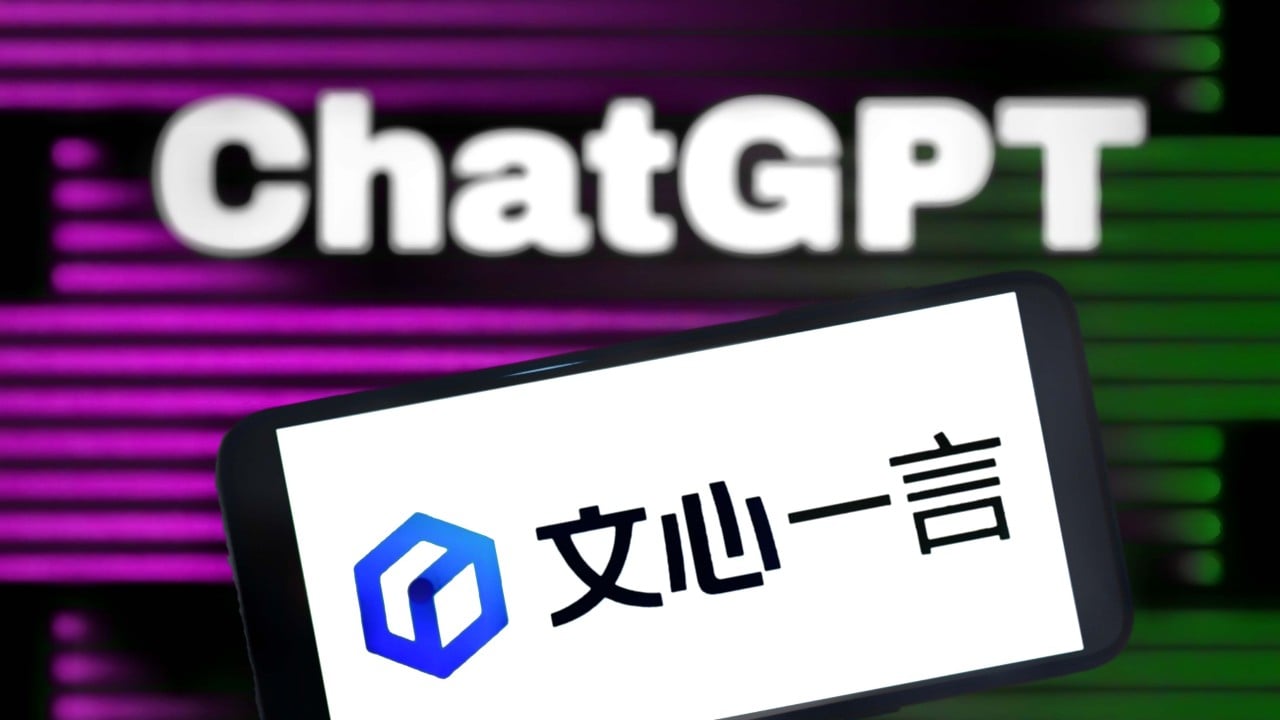China’s internet watchdog has named and shamed certain agents who were caught offering local access to ChatGPT, as US provider OpenAI blocked use of its artificial intelligence (AI) technologies on the mainland, Hong Kong and Macau.
The Cyberspace Administration of China (CAC) and other local authorities have meted out punishments to several website operators during the first half of this year for offering unauthorised access to generative AI (GenAI) services, such as ChatGPT, on the mainland.
The CAC’s action shows its resolve to enforce domestic AI rules rolled out in August last year, which mandates all AI services to be screened and registered by authorities before being made available to the public. Certain developers and enterprises, however, have used virtual private networks to get around these rules and access unregistered GenAI services.
The crackdown comes amid OpenAI’s move to start blocking access to its application programming interface from July 9 in “unsupported countries and territories”. Along with the mainland, Hong Kong and Macau, OpenAI’s ban covers US-sanctioned states such as Iran, North Korea and Russia.

Nanchuan District Rongcheng Network Technology Studio, which operates more than 10 websites in the country, was named by the CAC’s branch in the southwestern city of Chongqing for providing ChatGPT services “without going through a safety assessment”, the regulator said in a statement on Monday.
The CAC branch in Chongqing summoned representatives of the studio and ordered them to immediately disable access to ChatGPT.
The operators of Yizigpt.com, an AI writing platform, gaming site Kukupao.com.cn and Lvshifuwuwang – a legal services provider that is difficult to find online – were caught for failing to censor content that contained illegal information generated from undisclosed GenAI services, according to the CAC.
The regulator said those operators were slapped with “administrative punishment”, a term used for non-criminal violations, which can lead to fines, the shutdown of a business or detention of persons behind an offence.
Authorities in other mainland cities have also punished websites for inappropriate use of AI. The police in Changsha, capital of central Hunan province, detained a man surnamed Xu for three days after he was caught with an AI-generated fake reward notice for wanted suspects.
The CAC branch in Leiyang, another city in Hunan, caught a man surnamed Zheng who generated fake information via AI and posted it on a local website. Both Zheng and the website operator were slapped with administrative punishment.
Beijing has kept a cautious stance on GenAI since the launch of ChatGPT in November 2022.
While the mainland aims to become a world leader in AI, it also wants to make sure that GenAI service providers “adhere to core socialist values” and do not generate any content that “incites subversion of state power and the overthrow of the socialist system, endangers national security and interests”, according to the GenAI regulation that took effect last year.
There have been 117 GenAI products registered with the CAC. In January, a total of 14 large language models – the technology underpinning GenAI services like ChatGPT – and enterprise applications were given the green light by authorities for commercial use. Those approvals came after an initial number of GenAI services were allowed for release to the public last August.



